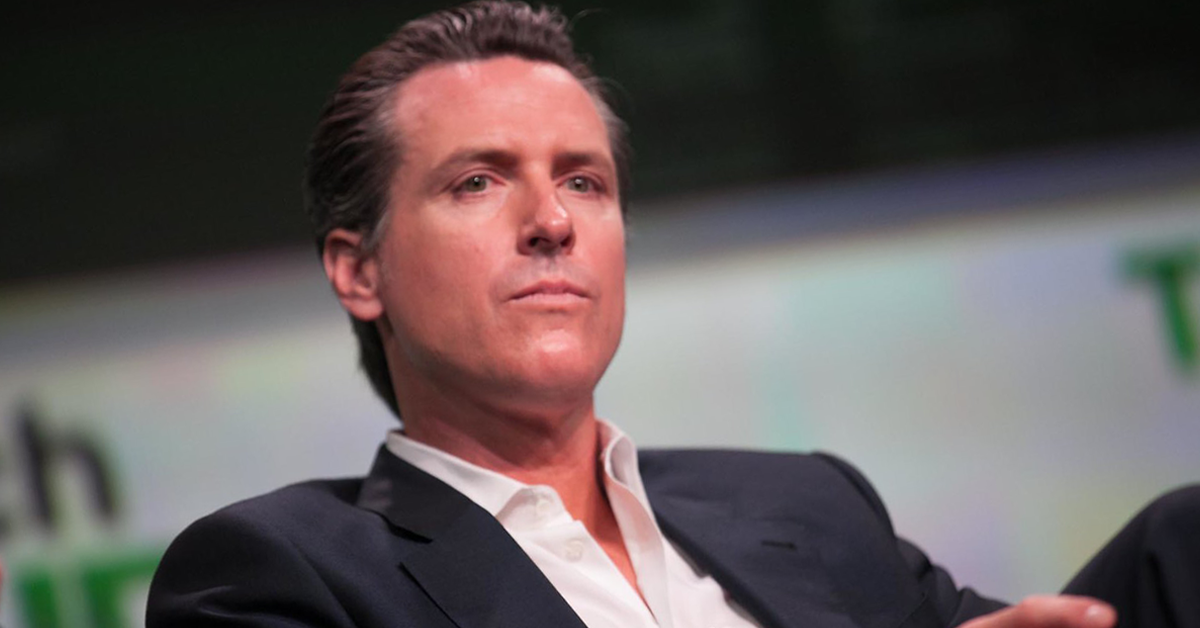Read the first part of this SUNLIGHT Series on Fresno’s Measure P here.
In January 2017, Lee Brand took up governing the City of Fresno after 18 long months of campaigning, while Ashley Swearengin would take up campaigning after eight years of governing the city.
And while the groundwork for a parks initiative was laid on a theme of “Parks for All” in February 2016, by the following October parks advocates turned their focus to “neutralizing” opponents and boosting support for a sales tax.
In between, many of the players had taken new roles with new titles.
Swearengin was no longer Fresno’s chief executive. She was now the chief executive of the Central Valley Community Foundation (CVCF), a multi-million-dollar private philanthropic foundation.
Elliott Balch, once Swearengin’s downtown revitalization czar, would take the second-in-command post as Chief Operating Officer of CVCF before Swearengin left office.
Danielle Bergstrom, Swearengin’s chief policy advisor at City Hall, would join as Policy Director for the foundation. Other city staffers would also join the foundation’s ranks.
Brand gave up his budget hawk perch on the Fresno City Council dais for the city’s chief executive role following a charged contest with Supervisor Henry R. Perea.
Down at City Hall, Brand similarly staffed up.
Tim Orman, the long-time local political guru who helped guide Brand to victory over Perea, would take the helm as Chief of Staff.
Former Fresno Bee reporter John Ellis would serve as Brand’s Government Affairs manager. H Spees, who finished third in the 2016 Mayoral primary behind Brand and Perea, would serve as Brand’s Director of Strategic Initiatives.
The switch from Swearengin to Brand atop the City’s organizational chart brought whatever momentum for a parks tax there was to a grinding halt.
Shifting gears
The Trust for Public Land (TPL), the nonprofit that aided the Swearengin administration in studying various funding methods for parks in Fresno, was itching to move forward.
Based on emails acquired by The Sun, TPL’s Government Affairs Manager Mary Creasman met with then-Assistant City Manager Wilma Quan and Fresno City Council member Esmeralda Soria to discuss the nonprofit’s work with the city in mid-January 2017, days after Brand was sworn-in as Mayor.
Creasman told Quan that a coalition of unspecified stakeholders “really want to see a ballot initiative move forward” but had not seen results from the nonprofit’s November 2016 poll, as the Brand administration had not reviewed the nonprofit’s findings.
In a back-and-forth with Quan, Creasman sought to release the nonprofit’s feasibility study on parks and polling results on a sales tax hike to the Fresno City Council during a Feb. 9, 2017 workshop.
Quan, however, shot down the idea and pushed Creasman to first meet with Brand and his team before handing over TPL’s study and polling results to City Council members.
By early February, Creasman finally got her meeting with Brand.
In emails following her visit to Fresno, Creasman denoted that she would conduct additional research into special districts, a completely different avenue of funding parks than had been explored by the Swearengin administration.
As defined in TPL’s feasibility study, special districts are “a form of local government created by a community to meet a specific need… when residents or landowners want new services or higher levels of services, they can form a district to pay for and administer them.”
TPL’s study detailed various structures of special districts, including Open Space Districts and Community Facilities Districts.
The study found that none of the community facilities districts listed parks as their purpose, however there are four such districts in the County of Fresno, including the Calwa Recreation and Park District.
While it appears that TPL and the Brand administration held a conference call related to research on special districts, no documentation was ever supplied related to the creation of special districts to fund parks in south Fresno.
After having studied a parks tax pro bono for a year, including funding a poll on voters’ appetite for a sales tax hike, TPL issued an ultimatum on March 10, 2017: the City would need taxpayers to cough up cash to have TPL lead the charge on a parks tax.
The projected cost? $50,000 to 75,000.
The scope of services TPL detailed in the memo was limited to an advisory role with some assistance on engaging the public and media before an initiative would be placed on the ballot.
In the memo, TPL states that their “technical assistance” fee did not include “the actual costs of conducting a public opinion survey or any costs associated with the voter education effort that would be necessary if a measure is referred to the ballot.”
Or, in common parlance, polling and a full political campaign are sold separately.
The ultimatum was not well-received by the Brand administration. By June 2017, Team Brand and the Trust for Public Land’s government affairs team effectively ceased written communication.
The road to placing a parks tax on the ballot would now run around, rather than through, City Hall.
Advocates assemble
With a parks tax largely dead-on-arrival at Fresno’s City Hall, Team Swearengin began revving its own engine to put the issue on the ballot.
With no government support left, the Trust for Public Land enlisted the services of TBWB Strategies, a San Francisco-based political consulting firm that exclusively focuses on on bond and tax measures.
In June, the firm prepared a timetable to place a parks tax on Fresno’s ballot for November 2018.
The rest of 2017, TBWB argued, was for assembling the coalition that would take the then-unwritten tax measure from concept to campaign.
Beginning in 2018, the work of gathering signatures and qualifying the measure for the November ballot would commence.
An internal document crafted by CVCF staff detailed the first roster of stakeholders, a veritable “who’s who” of local activists and power brokers from across the city.
The initial list included south Fresno activists like Fresno BHC’s Sandra Celedon, former parks outreach consultant and PR pro Cary Catalano, Asm. Joaquin Arambula (D-Fresno) and his parents, former Asm. Juan and Amy Arambula, former Fresno Council member Tom Bohigian, and consultant and San Joaquin River activist Kristine Walter, among others.
With the Brand administration looking at other initiatives, the group also included Fresno City Council members Oliver Baines and Esmeralda Soria.
The Sun was unable to receive comment on CVCF’s internal documents related to Measure P.
The “strange bedfellows” effect was coming full bore early in the process.
Such was the case for Soria and Catalano. The two were opponents in a close Fresno City Council race 2014. Then, at the beginning of 2017, Soria voted to cancel the controversial parks outreach contract for which Catalano’s public relations firm was a subcontractor.
Now, they would join an initial list of 41 people at the ground floor of a potential tax initiative.
Beyond the stakeholders, CVCF’s spreadsheet listed two other tabs of information. The first was an inventory community leaders who would need to be contacted to support an eventual ballot measure.
The other a list of “ideal endorsements” that ran the political spectrum and, perhaps more tellingly, a list of groups and players that had to be neutralized.
Among those to be “neutralized”: Fresno City Council members Garry Bredefeld and Steve Brandau, the Fresno County Lincoln Club, and former Fresno County Supervisor Doug Vagim.
As the key players assembled with Team Swearengin emerged, tough decisions had to be made. How would they be able to convince two-thirds of Fresno voters to tax themselves for improving and expanding parks? And how would they “neutralize” their opponents?






